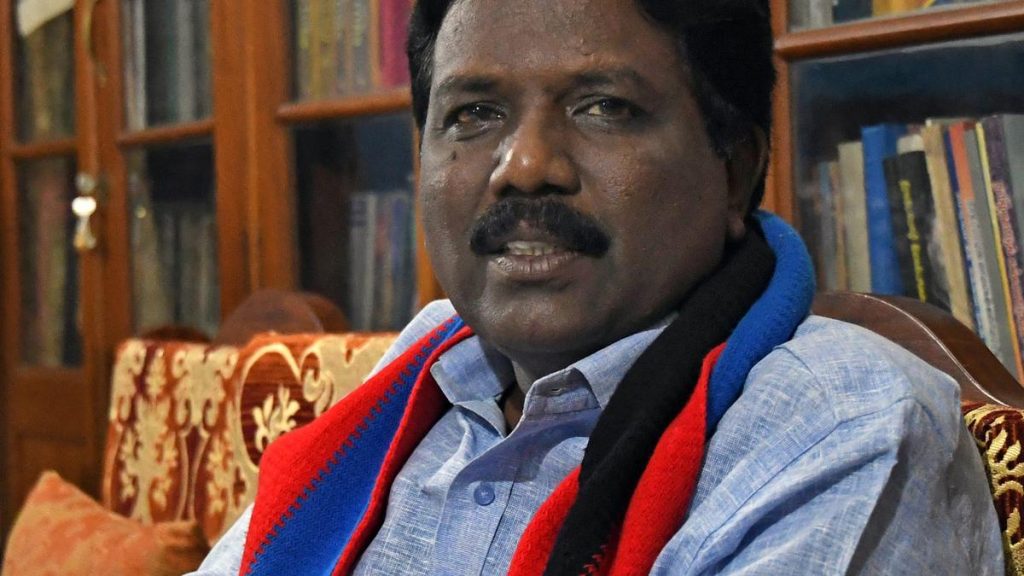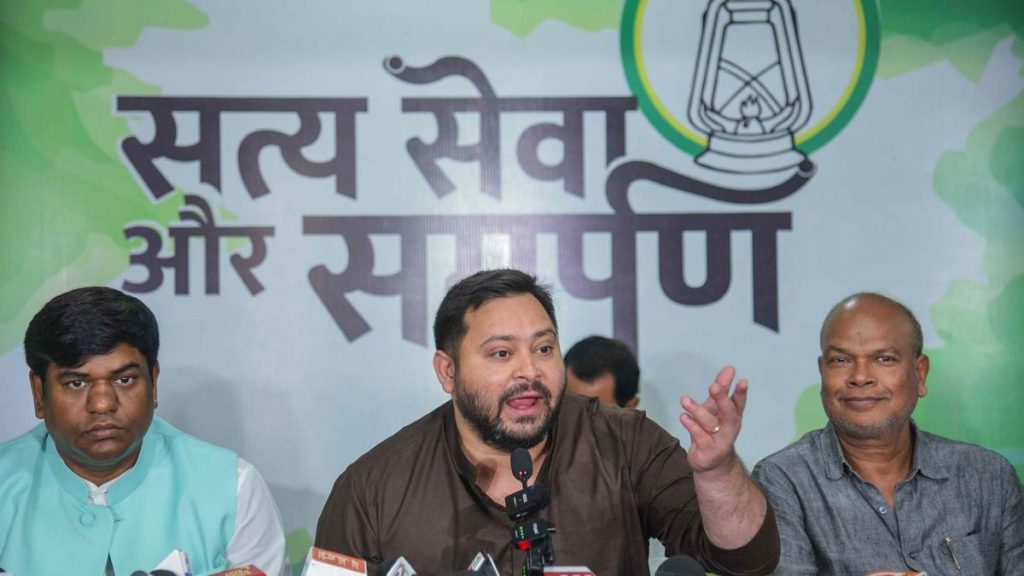Now Reading: Republican Bill Faces Criticism Over High Costs, Limited Benefits
-
01
Republican Bill Faces Criticism Over High Costs, Limited Benefits
Republican Bill Faces Criticism Over High Costs, Limited Benefits

Rapid Summary
- Senate Passage: Teh U.S. Senate narrowly passed President TrumpS “Big Stunning Bill” 51-50, with Vice President JD Vance casting the tie-breaking vote.
- Key Measures:
– Extends individual tax cuts set to expire while maintaining corporate tax cuts from 2017.
– Includes $150 billion for border security and immigration enforcement efforts.
– Makes meaningful spending cuts, including over $1 trillion from Medicaid and SNAP programs (food stamps).
– Adds work requirements for Medicaid/SNAP recipients who are able-bodied adults without young children.
– Limits federal reimbursement to states for Medicaid, affecting rural hospitals.
- Cost Impact:
– Nonpartisan Congressional Budget Office (CBO) estimates a net addition of $3.4 trillion to the national debt over 10 years.
– Extending individual tax cuts alone will cost $2.2 trillion in revenue loss over a decade.
- Outcomes and Benefits:
– Temporary suspension of taxes on tips/overtime pay and lowered Social Security taxes until 2028; increased child tax credit but excludes noncitizen taxpayers with American-citizen children.
- Healthcare Impact: CBO projects that 11.8 million more Americans will lose health insurance by 2034 due to Medicaid changes in the bill.
Indian Opinion Analysis
The passage of this major legislative package underscores deep ideological divides within American politics concerning taxation, welfare programs, and fiscal priorities.For India-closely observing global policymaking trends-it signals implications regarding budget allocation decisions that prioritize strict immigration enforcement over social safety nets amidst growing deficits.India’s policymakers could draw parallels between U.S.’ fiscal decisions in balancing growth-oriented measures like tax incentives against risks of public welfare erosion due to spending reductions-a concern applicable given India’s own discussions around subsidy rationalization and deficit management.
Moreover,India’s focus on universal healthcare expansion might contrast sharply with moves like Medicaid cutbacks seen here; such decisions illuminate structural trade-offs involved when governments face competing demands between economic stimulus policies versus equitable resource distribution.
This bill raises broader questions pertinent globally: how countries approach pragmatic governance while fostering growth yet avoiding disenfranchisement or inequality among vulnerable populations-an ongoing challenge relevant both beyond American shores and within developing economies like India’s.


























